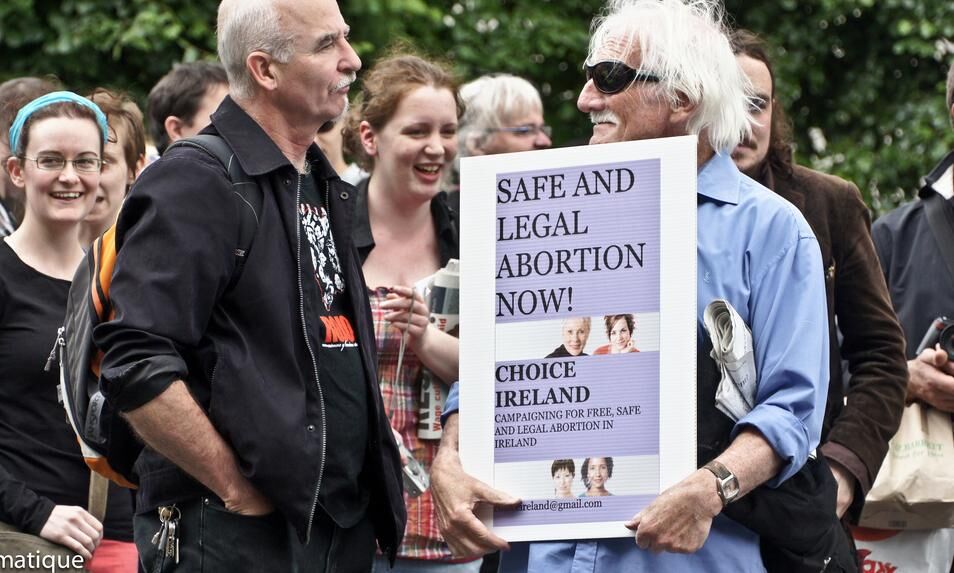Ireland changes history by abolishing decades long ban on abortion
28 May 2018 8:41 PM IST
An Irish Times exit poll of about 4,000 voters by Ipsos/MRBI shows that 68% voted “Yes” to repealing the Eighth Amendment, which guarantees a mother and her unborn foetus “an equal right to life.” An estimated 32% said “No”.
0
Next Story




